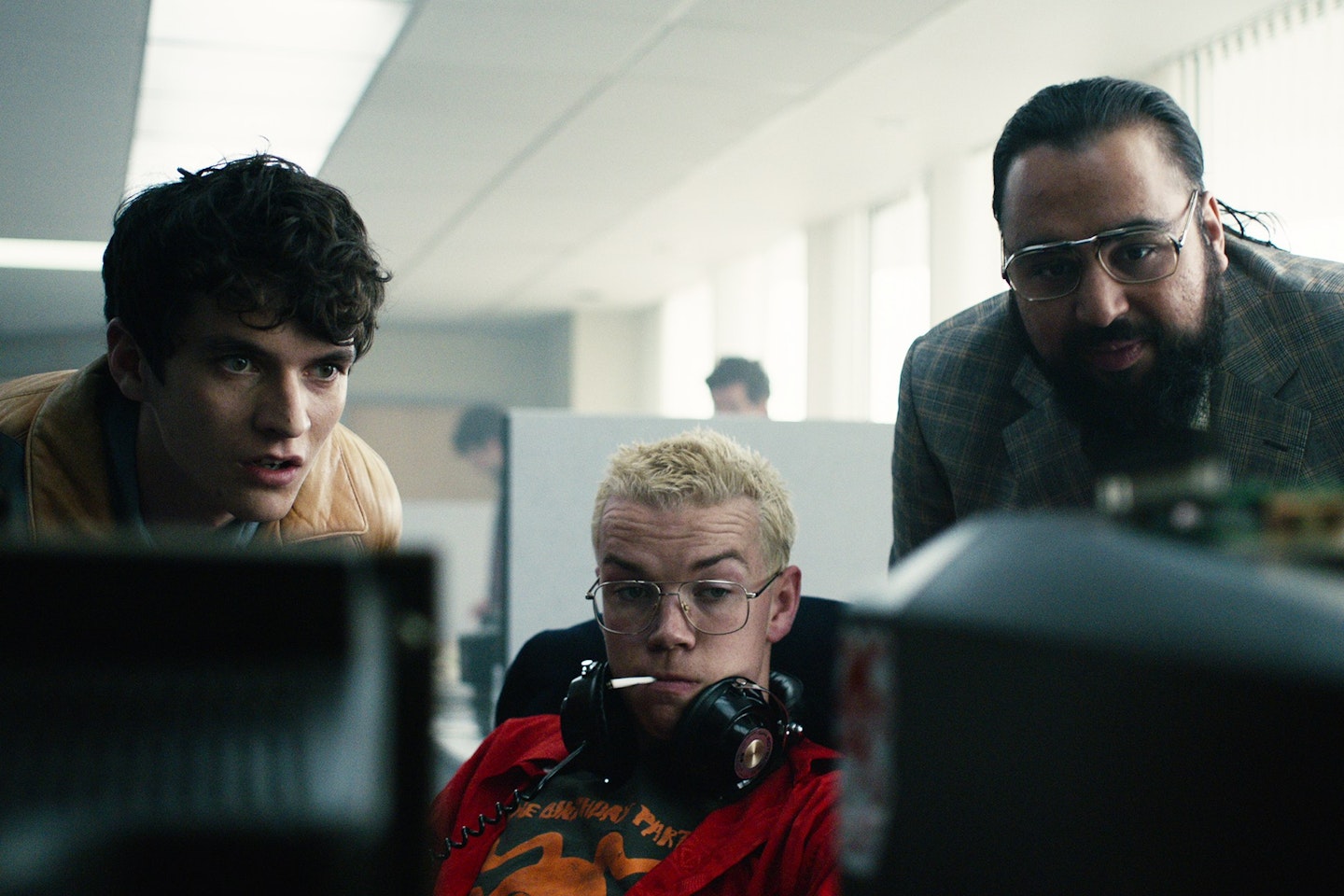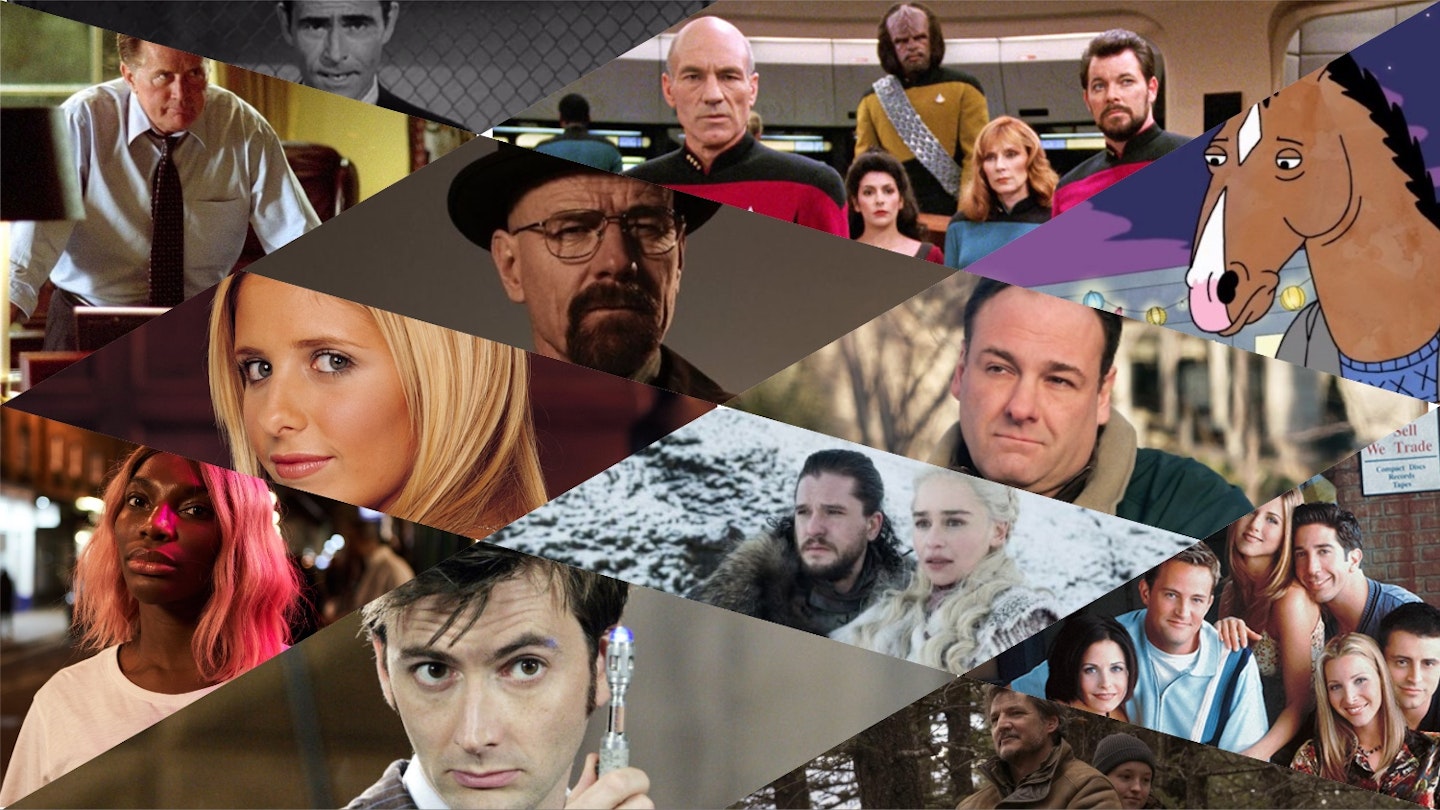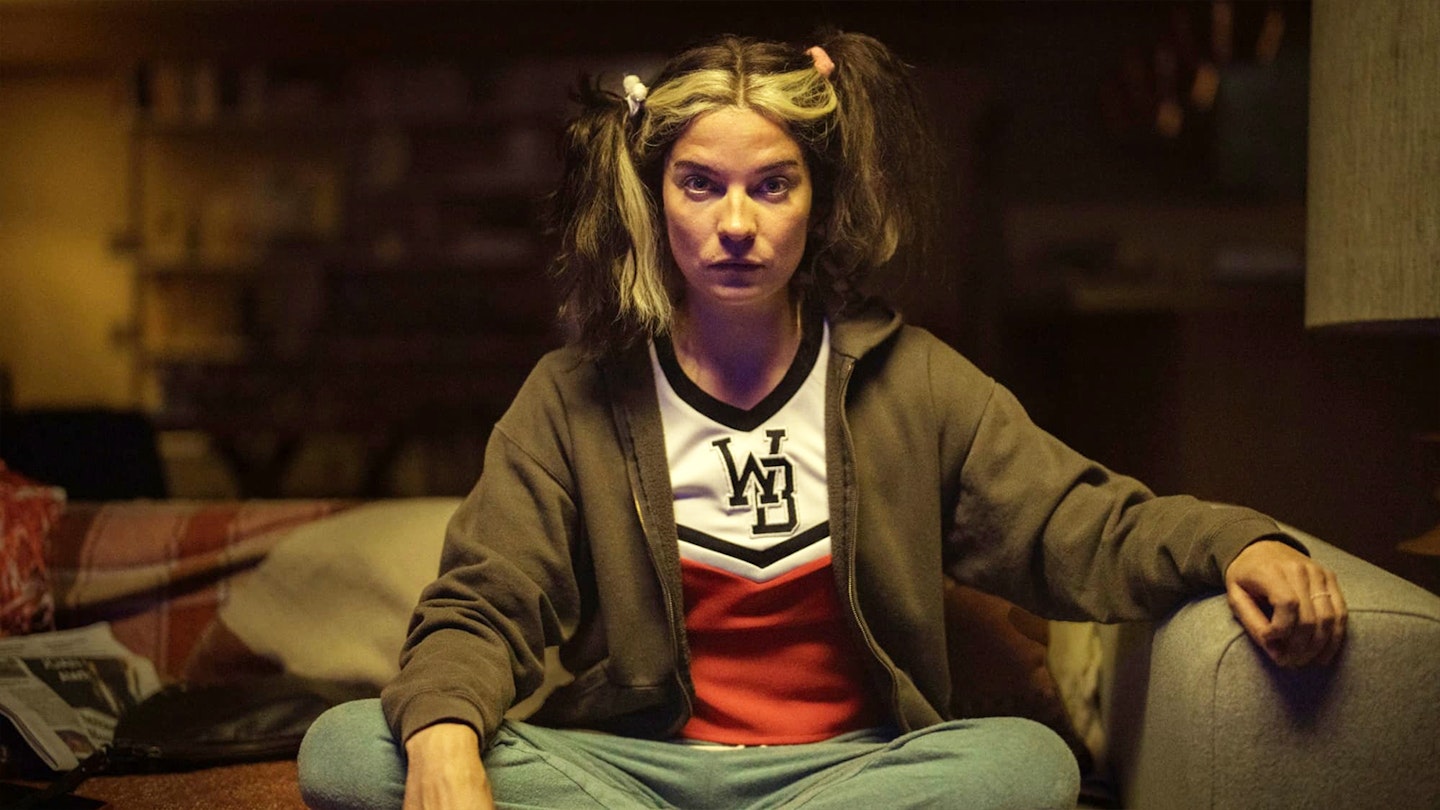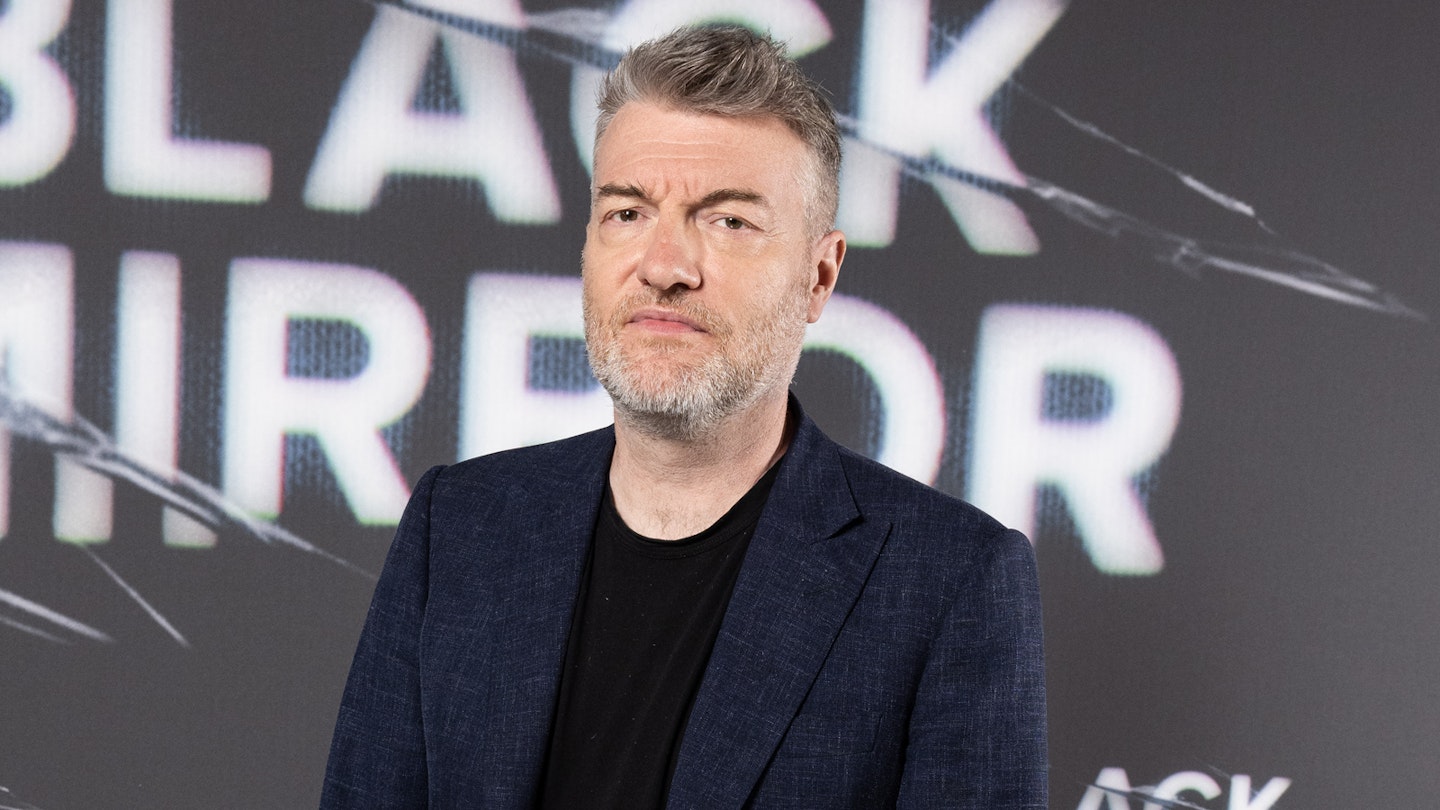
Diverging from the main series, Bandersnatch is an "event" episode of Charlie Brooker’s dark anthology Black Mirror. The twist on this occasion comes early: making ingenious use of the branching that Netflix streaming allows, it’s a choose-your-own-adventure in which on-screen prompts allow the viewer to nudge the story seamlessly in different directions. That format in turn informs the fiction, in which the protagonist begins to notice your decision making, and parallel narrative universes are created where choices in one can affect outcomes in others. Sometimes it feels like nothing so much as a Telltale Games adaptation of Donnie Darko. There's even a rabbit.
Plot-wise we’re focused on Stefan (Fionn Whitehead), a teenager whose mother died when he was very young and who now lives dysfunctionally with his father (Craig Parkinson), whose character traits – stern, sympathetic, sinister – vary with the branching. It’s 1984, the peak of the revolution in home micro-computing, and Stefan is obsessed with a doorstop sci-fi/fantasy tome called Bandersnatch (a Lewis Carroll reference), which he plans to adapt for the Sinclair Spectrum. The book is itself a complex choose-your-own-adventure yarn, the creation of which apparently sent its author mad. Landing the project at software house Tuckersoft (rights to the book don’t seem to be an issue), Stefan meets head honcho Mohan Thakur (Asim Chaudhry) and enigmatic programming guru Colin Ritman (Will Poulter). Mohan wants the game streamlined to fit into 48k and rushed into Smiths in time for Christmas, but Stefan becomes overwhelmed by the project, spiralling into mania.
Where that set-up leads is then down to the person wielding the remote, the story splitting into rug-pulling tinfoil hat conspiracy; psychological horror; multidimensional time travel; Philip K Dick hallucinogenic freakout; or thuddingly meta action comedy – or mixtures of all of the above. Possible permutations of the story supposedly run into the millions.
It’s mad and fun, but there’s a suspicion that beyond the gimmick there’s less here than immediately meets the eye. Choices range from what breakfast cereal to serve and what tape to play in Stefan’s Walkman to who to throw off a building and whether to bury a corpse or hack it to pieces. But often the branch is a blind alley and you’re sent back to re-think your decision, somewhat undermining the whole premise. You’re given the choice to wreck Stefan’s computer in a moment of stress, but if you do it, you’re forced to undo it. If you choose not to visit Stefan’s therapist (a mischievous Alice Lowe) you’re sent on a 15-minute detour that ends in an it-was-all-a-dream-or-was-it cop out and a visit to Lowe anyway. There’s a character you can’t not kill. For all the journeys, you're often still heading for the same destination.
That ends up part of the idea: choice is an illusion; Pac-Man is stuck in the maze. There are on-the-nose observations that Stefan hasn’t felt in control of his own life at the points where we’ve prodded him. Colin, revealed in one thread to have chemically opened his doors of perception rather wide, appears to be aware that he’s being controlled and repeatedly reset. "They’ve only got the illusion of free will," says Stefan of potential Bandersnatch gamers at one point.
Reaching any ending on your first run-through allows you to wind back to each of the few choices that were actually significant (plus some that weren’t available first time) in order to check out the different conclusions. In the end the experience isn’t that much different to sitting through the three discrete solutions to Clue. There are five endings to Bandersnatch - or more depending on your definition of the word. There are end points where the story simply stops (as in a game when you die and have to start again) and proper climaxes to the narrative, none of which are definitive. It’s that inconclusiveness, plus the fact that "happy" outcomes for Stefan are decidedly relative, that makes it ultimately unsatisfying. It’s a game and it’s a film, but ultimately it isn’t enough of either.








